|
Getting your Trinity Audio player ready... |
Tabla de Contenido/ Table of Contents
- 1 Biden Makes the Final Move in Support of the Cuban Dictatorship: Biden and the Release of 553 Political Prisoners in Cuba — A Controversial Decision
- 1.1 A Gradual and Limited Release
- 1.2 Opinions of Anti-Communist State Senators and Anti-Castro Influencers
- 1.3 Reactions of Anti-Castro Influencers
- 1.4 Parallels with Obama and Political Impact
- 1.5 Trump’s Stance
- 1.6 Marco Rubio: Direct Criticism
- 1.7 The Impact of Modifying the Helms-Burton Act
- 1.8 Criticism of the Biden Administration
- 1.9 Controversial Connections with China
- 1.10 The Role of the Vatican and the Catholic Church
- 1.11 Conclusion: A Debate That Continues
Biden Makes the Final Move in Support of the Cuban Dictatorship: Biden and the Release of 553 Political Prisoners in Cuba — A Controversial Decision
The recent decision by President Joe Biden to remove Cuba from the list of state sponsors of terrorism has sparked intense debate. Announced alongside the release of 553 Cuban political prisoners, it raises questions about the effectiveness and intentions behind the negotiations, as well as the impact on the Cuban-American community.
A Gradual and Limited Release
The Cuban regime confirmed that 553 sanctioned individuals will be released, but clarified this would happen gradually and under “careful analysis” according to their criminal legislation. Many view this as a stalling tactic to maintain control over political opponents.
This figure stands in stark contrast to the more than 1,000 individuals imprisoned for political reasons identified by human rights organizations. Why did negotiations achieve only partial releases and not full pardons? Critics argue that such deals with the Cuban regime historically fail to ensure long-term commitments, highlighting the lack of transparency in these dealings.
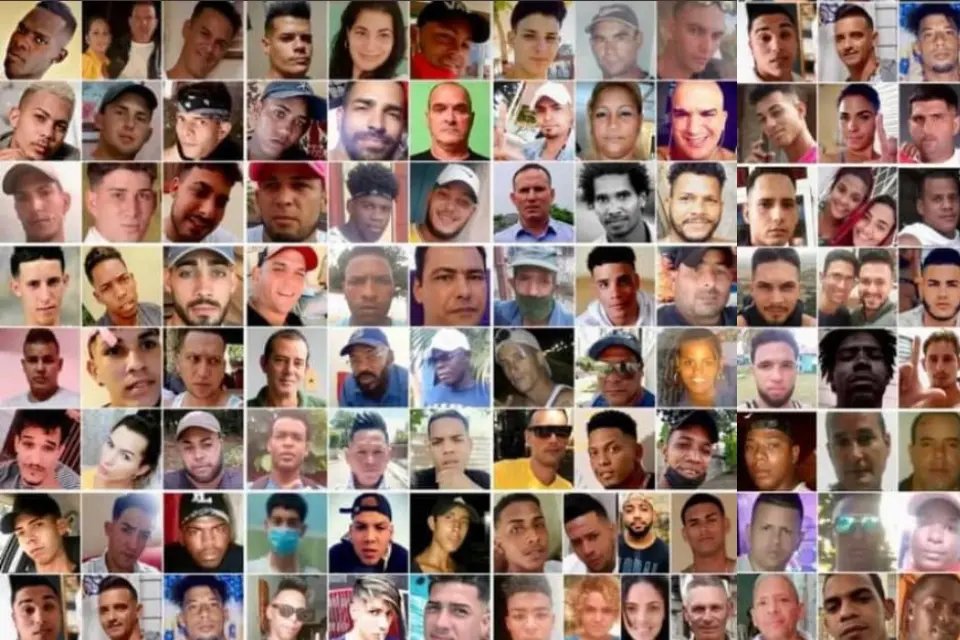
https://youtu.be/5XQzj67ZlJQ -video Youtube
Opinions of Anti-Communist State Senators and Anti-Castro Influencers
Joe Biden’s decision to remove Cuba from the list of state sponsors of terrorism has elicited immediate reactions from anti-communist state senators and anti-Castro influencers, who have harshly criticized the move as a betrayal of democratic principles and an undeserved reward for the Cuban regime.
In this video, Florida federal senators María Elvira Salazar, Mario Díaz-Balart, and Carlos Giménez provide their forceful statements following President Biden’s controversial decision to remove Cuba from the list of state sponsors of terrorism.
With perspectives rooted in the fight against communism and the defense of human rights, these Cuban-American leaders denounce the impact of this decision, labeling it a betrayal of democratic values and a blow to the exiled community in the United States.
Join us to hear these senators analyze the potential consequences of this action and the message it sends to authoritarian regimes around the world.
- Is this an undeserved concession to the Cuban regime?
- What does it mean for human rights and the fight for a free Cuba?
Reactions of Anti-Castro Influencers
Renowned social media activists and anti-Castro influencers have also raised their voices to condemn the measure. Figures such as Alexander Otaola and Rosa María Payá have called this step a historic mistake that reinforces the power of an oppressive regime.
Key Comments from Influencers:
- “Betrayal of the Cuban-American Community”: Biden is accused of ignoring the interests of Cuban exiles in the United States, who have been pillars of the Republican Party and advocates for stricter policies against the regime.
- “Complicity with Repression”: Critics claim this action legitimizes repression against dissidents within the island and undermines efforts to denounce human rights violations in international forums.
- “Electoral Punishment”: Many interpret this move as a direct punishment to the Cuban-American community for their overwhelming support of Donald Trump in past elections.
In Otaola’s words:
“This is no mistake; it’s a well-calculated strategy to demobilize and demoralize the Cuban diaspora, who have been a key voice in political activism against communism in our region.”
Both groups agree that this act not only undermines efforts to promote democracy in Cuba but also sends a dangerous message to other authoritarian regimes in the region. They argue that Biden has not only ignored the demands of Cuban exiles but has also strengthened the narrative of those who benefit from decades of repression on the island.
Parallels with Obama and Political Impact
Biden’s decision has been compared to former President Barack Obama’s removal of the “wet foot, dry foot” policy in 2017, just one day before leaving office. That action was widely criticized as a betrayal of Cuban-Americans, who felt unprotected and punished after supporting Republican leaders like Donald Trump.
This time, just six days before the new Republican-led Congress takes power, Biden issues a measure that some analysts describe as another direct blow to the Cuban-American community, which overwhelmingly supported Trump in his bid for a second term.
Trump’s Stance
Former President Donald Trump quickly condemned this decision, calling it a sign of weakness and a step backward in the fight against authoritarian regimes. During his presidency, Trump reinstated severe sanctions on Cuba and strengthened policies to isolate the regime.
Trump described Biden’s actions as a “betrayal” of Cuban-Americans, who played a crucial role in his electoral success in Florida in 2020. In recent statements, Trump vowed to reinstate stricter sanctions and demand real commitments from Havana before considering any economic or political relief.
Marco Rubio: Direct Criticism
Republican Senator Marco Rubio of Florida, known for his firm stance against the Cuban regime, has been one of the harshest critics of this decision. Rubio called Biden’s move an “undeserved reward” to the regime, arguing that no significant advances in human rights or democracy justify this concession.
Rubio also pointed out that this step by Biden, like Obama’s elimination of the “wet foot, dry foot” policy, seems designed to punish Cuban-Americans, a community that has shown loyalty to the Republican Party at the polls. According to Rubio, this measure sends a message of disregard to a community that has fought tirelessly for democracy in Cuba and significantly contributed to the economic and social success of the United States.
The Impact of Modifying the Helms-Burton Act
In addition to removing Cuba from the list of state sponsors of terrorism, the Biden administration temporarily suspended Title III of the Helms-Burton Act, weakening key restrictions on business with the Cuban government, including sectors controlled by the military.
These decisions, considered a significant relief for the regime, do not appear to be accompanied by substantial concessions from Cuba beyond the limited release of political prisoners.
Criticism of the Biden Administration
Certification of Rescission of Cuba’s Designation as a State Sponsor of Terrorism
President Biden’s actions have faced criticism from multiple fronts:
- Lack of Tangible Results: The gradual release of only 553 political prisoners seems insufficient given the magnitude of the problem.
- Legitimization of the Regime: These measures could strengthen the Cuban government without ensuring real improvements in human rights.
- Geopolitical Impact: The suspension of sanctions could be seen as a sign of weakness, particularly as authoritarian regimes like those in Venezuela and Nicaragua also benefit from alliances with Cuba.
Controversial Connections with China
Adding fuel to the debate are connections between the Biden administration and the Chinese government. Recent investigations have highlighted possible financial ties between China and the Biden family, particularly through Hunter Biden, the president’s son.
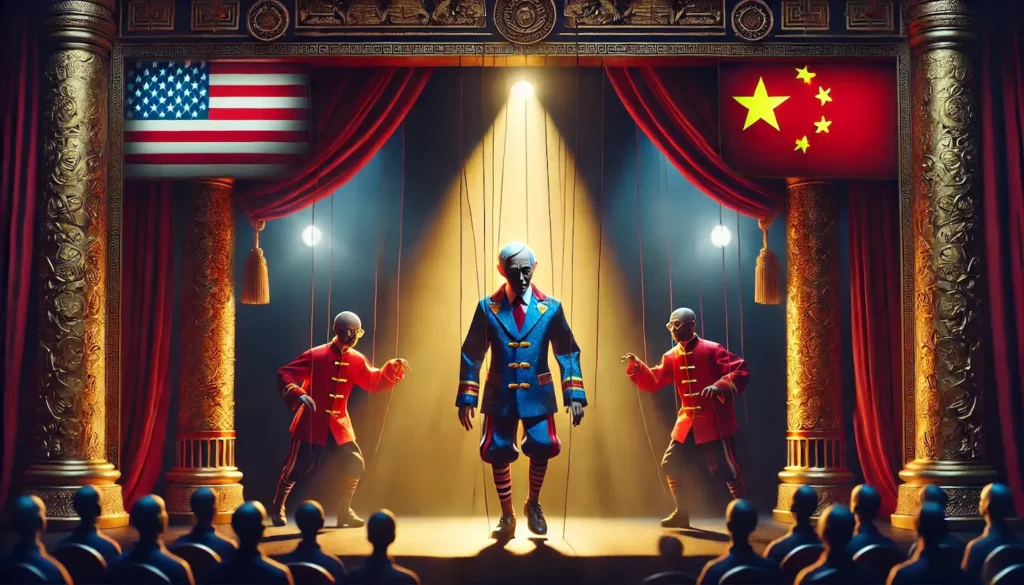
These connections, which have been the subject of legal charges and congressional hearings, raise suspicions about China’s influence on Biden’s foreign policy decisions. Some analysts believe the decision to ease sanctions on Cuba could align with China’s strategic interests in the region, consolidating its influence in the Western Hemisphere.
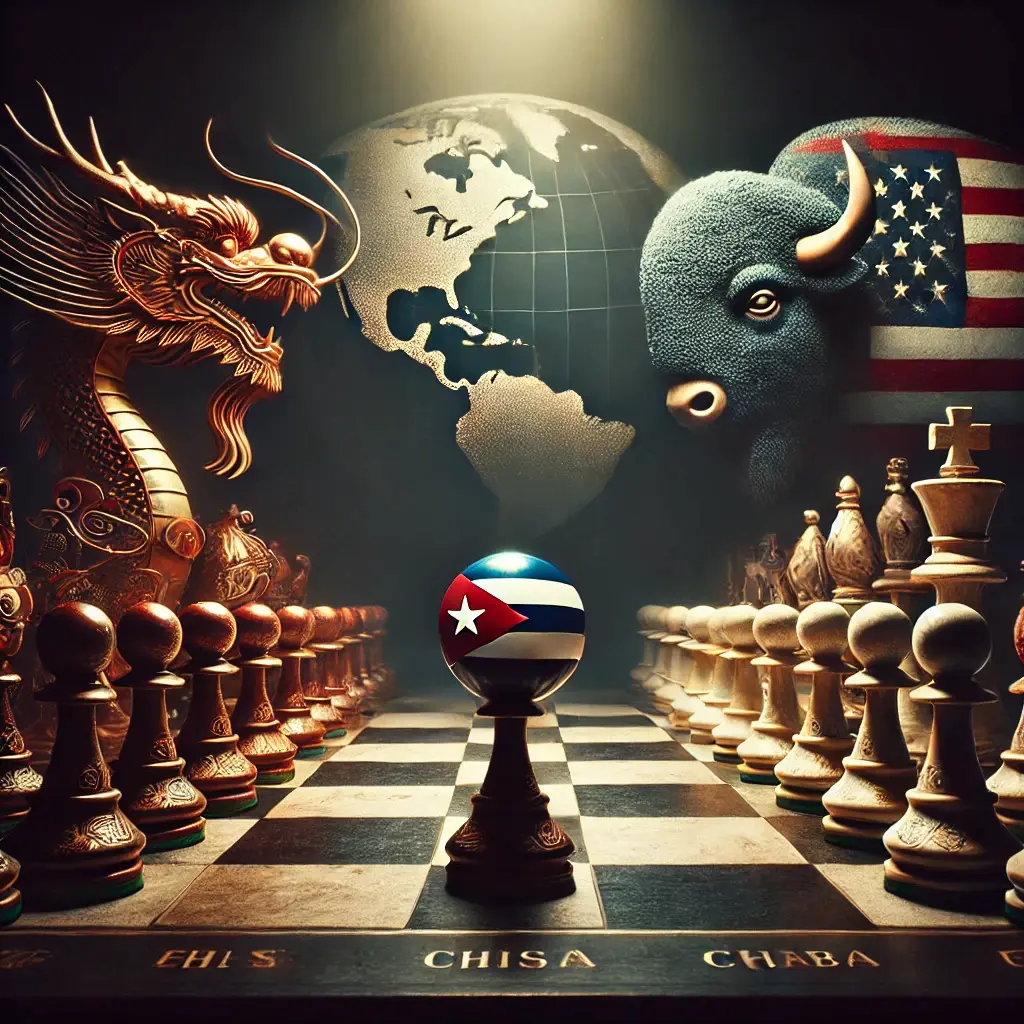
The Role of the Vatican and the Catholic Church
The role of Pope Francis and the Catholic Church in this process has been key. According to official sources, the Vatican’s mediation was instrumental in reaching this agreement.
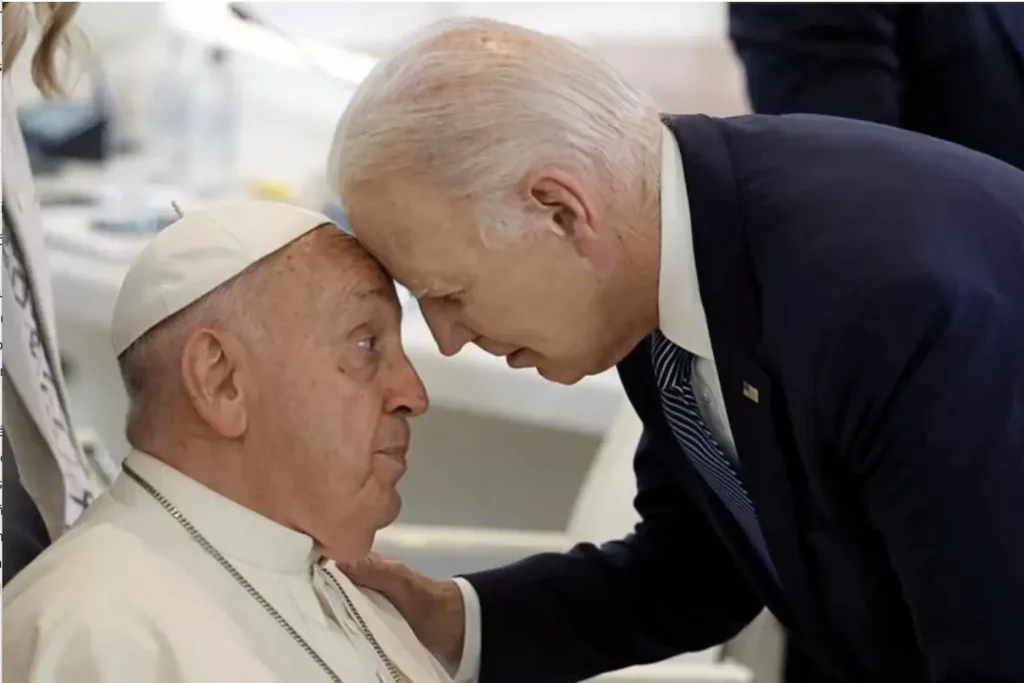
However, Cuban Cardinal Juan de la Caridad García Rodríguez expressed some surprise, stating he was unaware of the negotiations, raising questions about the internal coordination of the Church on these matters.
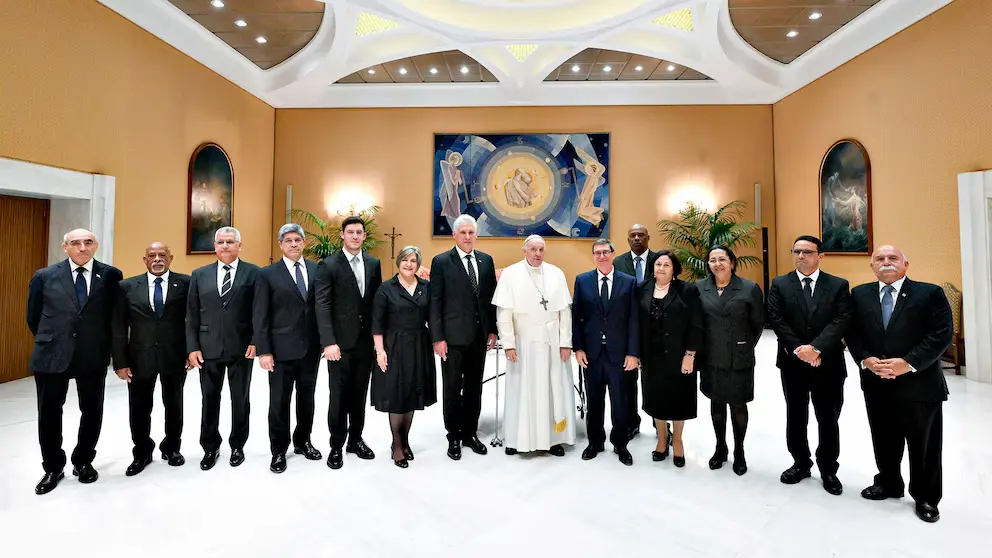
Conclusion: A Debate That Continues
The Biden administration’s decision to negotiate with the Cuban regime raises more questions than answers.
- Why were only 553 political prisoners released?
- What guarantees exist that the regime will honor its commitments?
- And most importantly, who truly benefits from these decisions?
Meanwhile, the Cuban people continue to wait for real solutions, and the international community watches with skepticism the results of a policy that, for many, seems to reward a repressive regime without demanding significant changes in return.
Want more post like this?
Head over to our homepage for the latest updates from South Florida and beyond:











